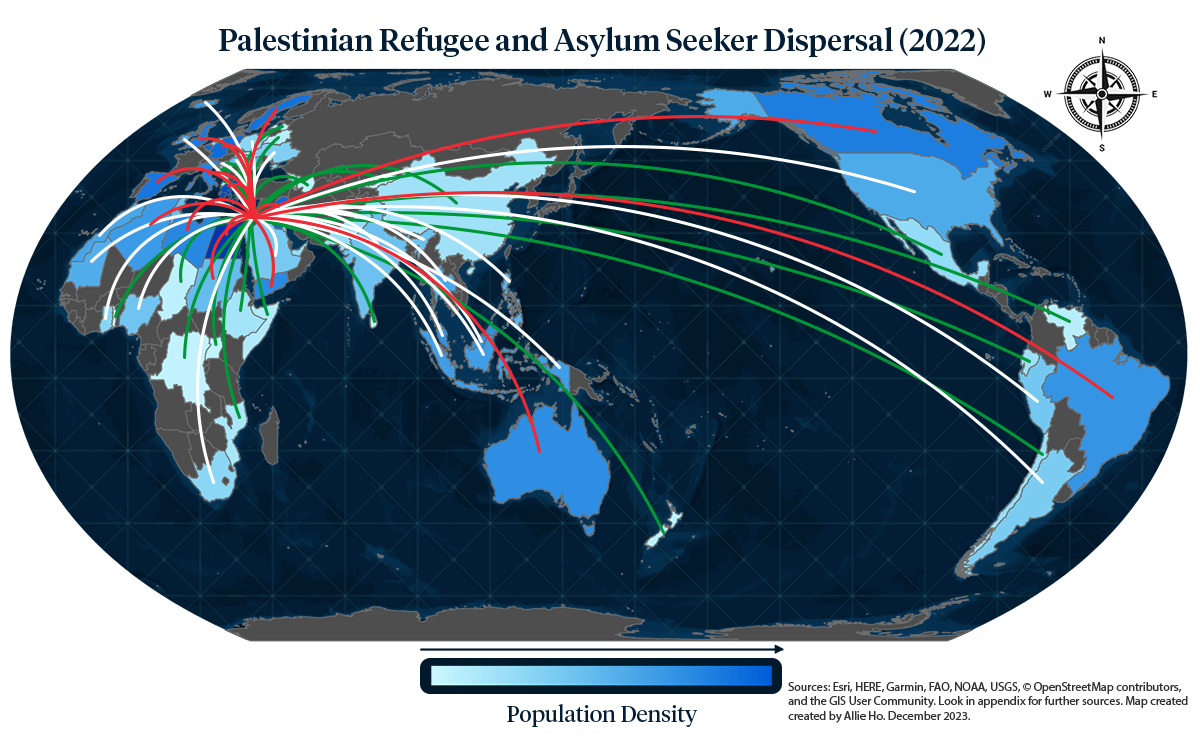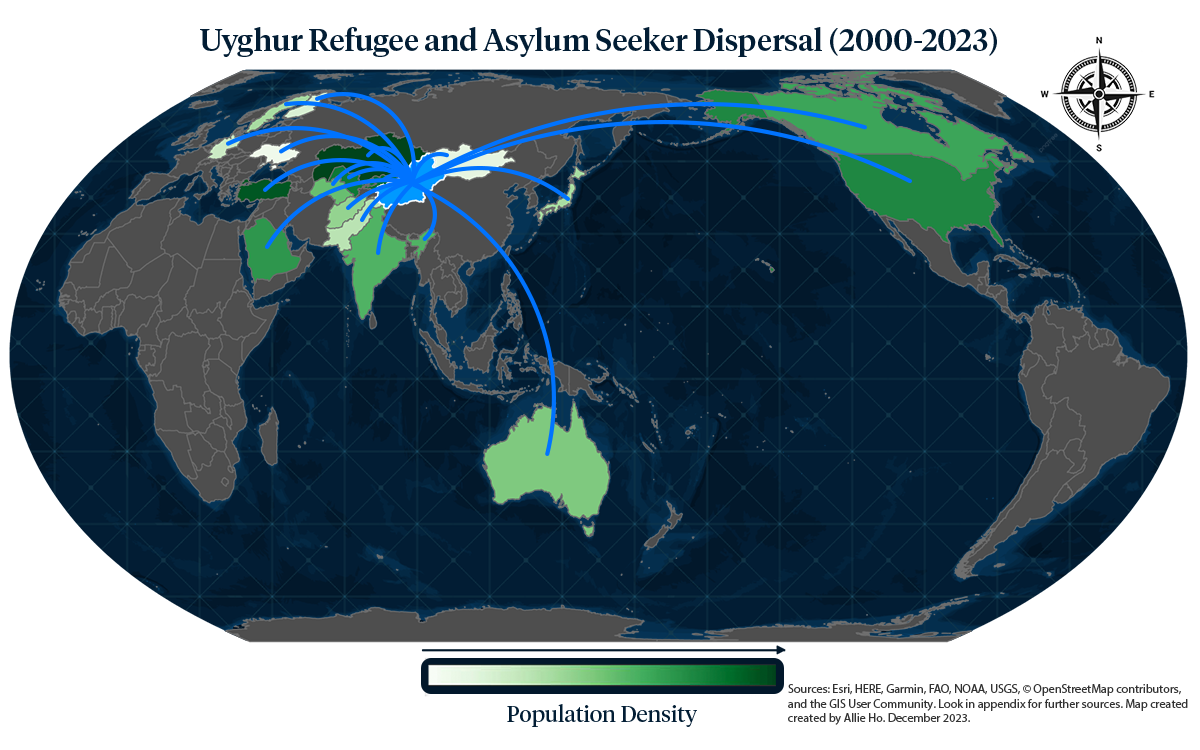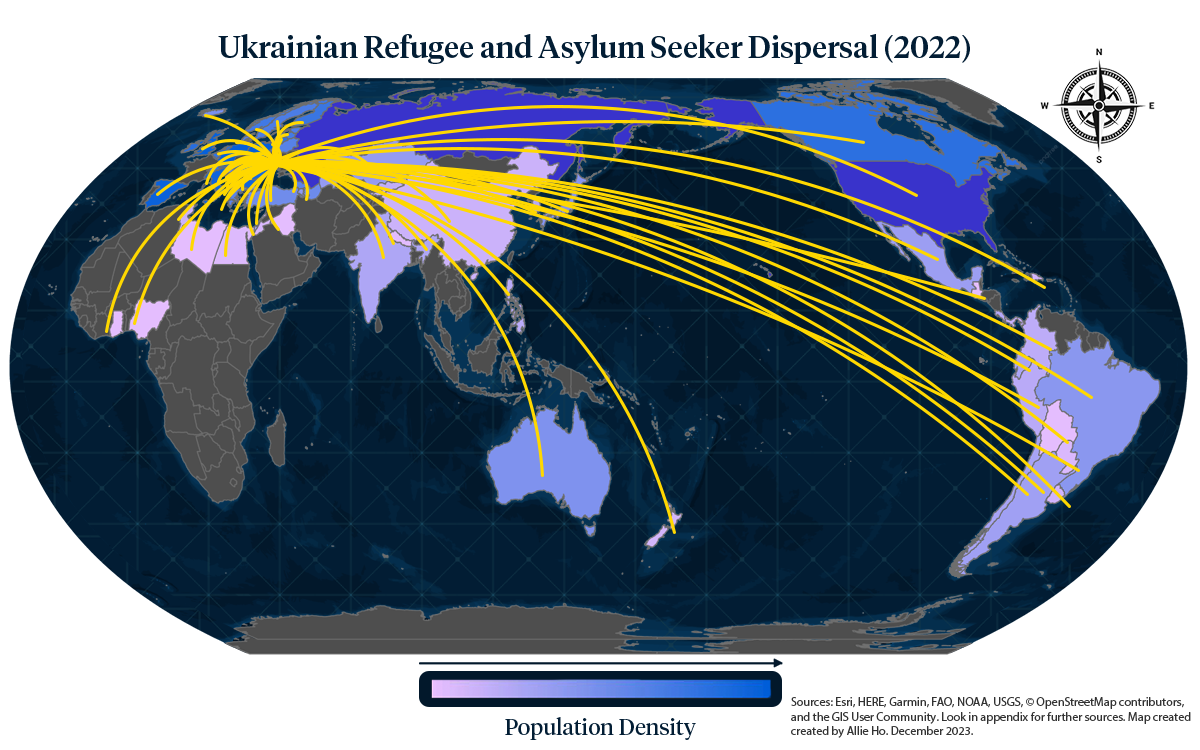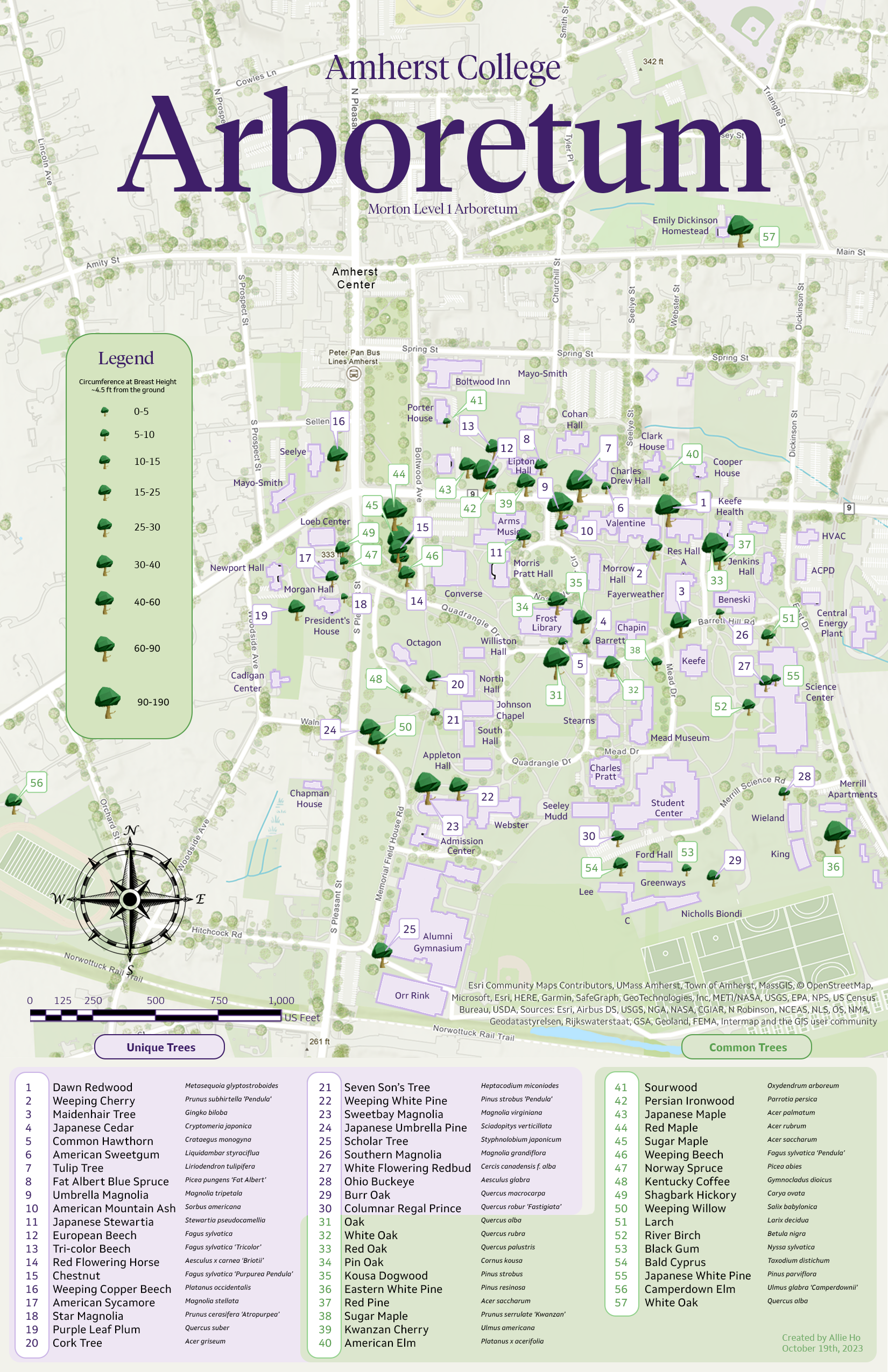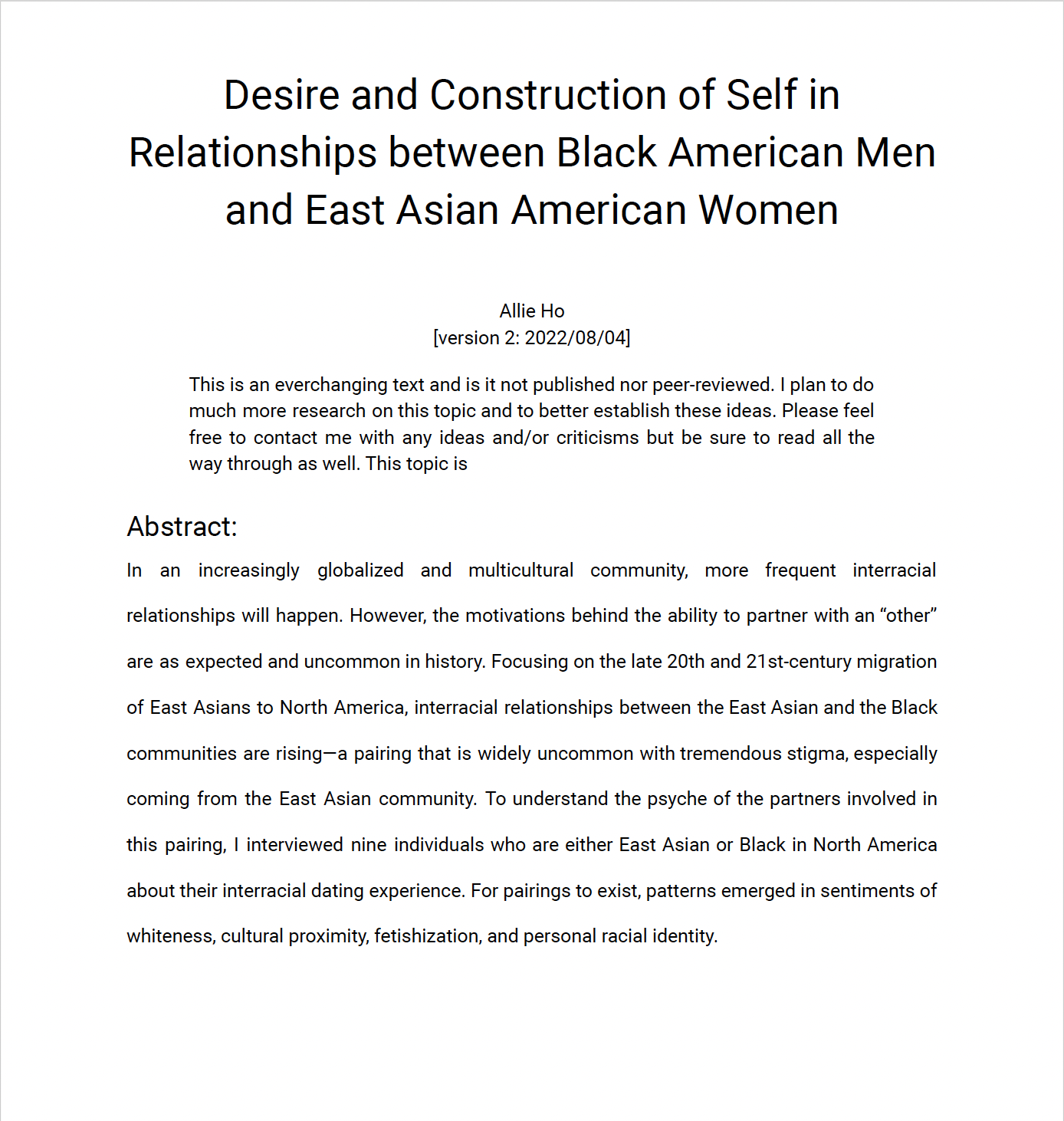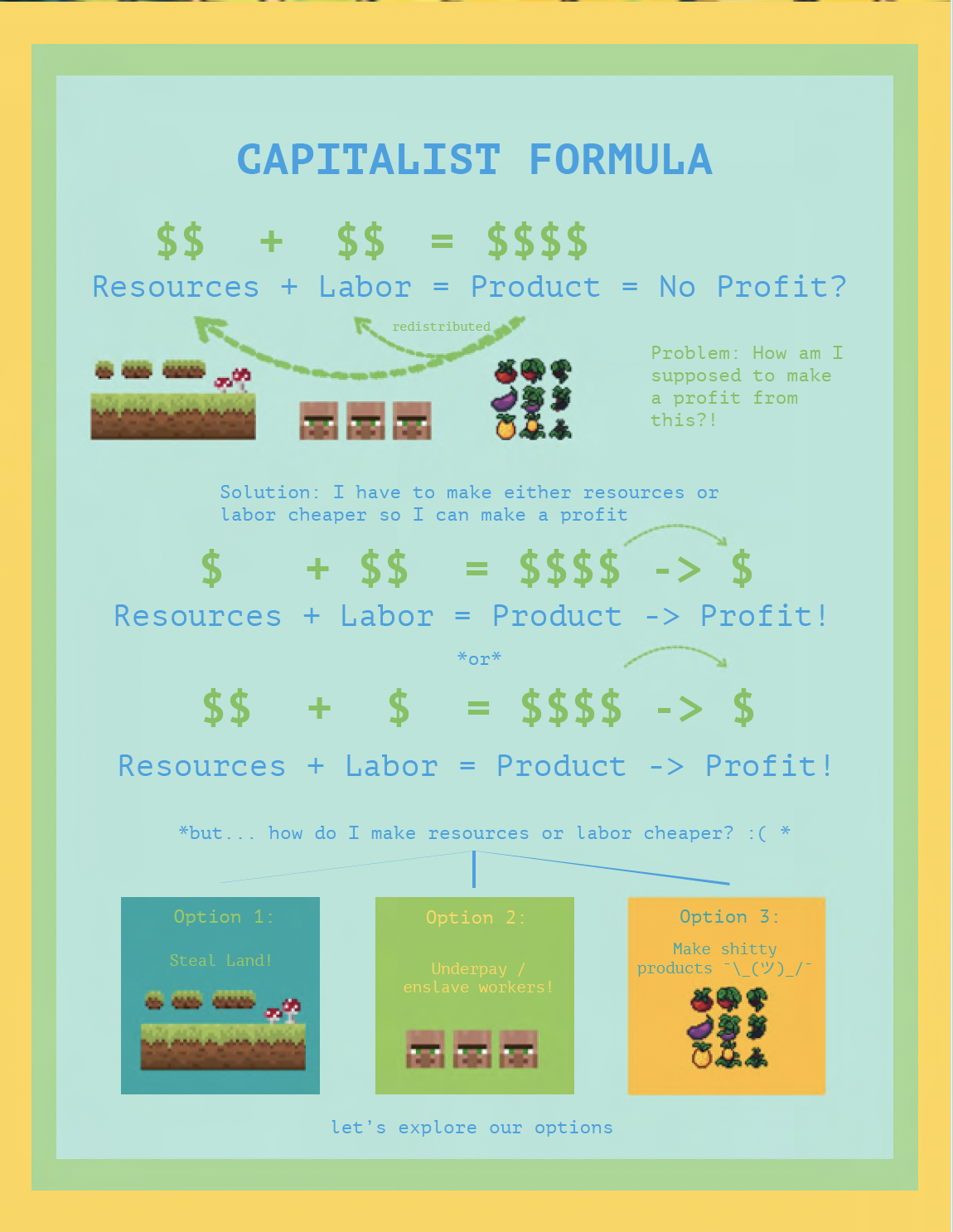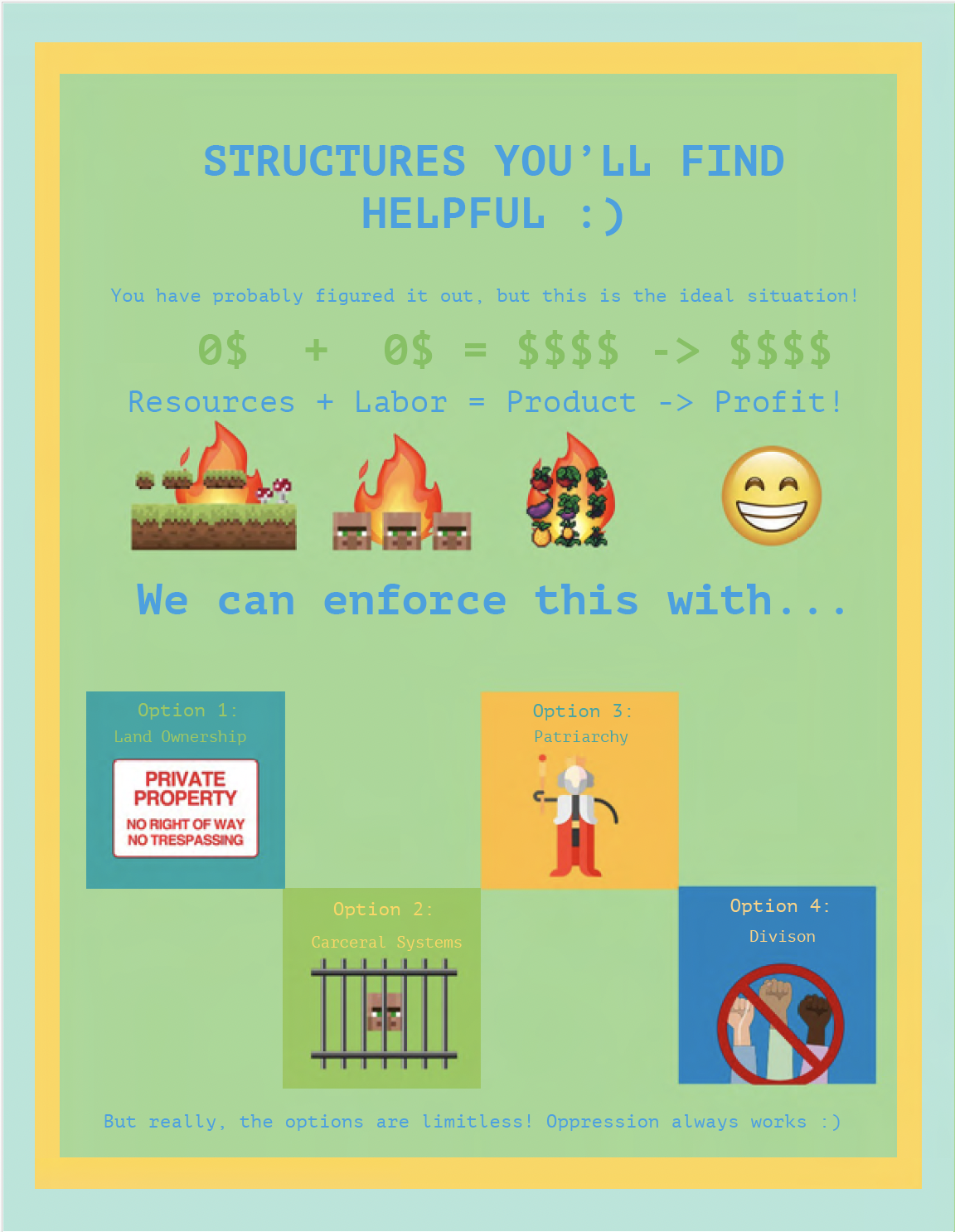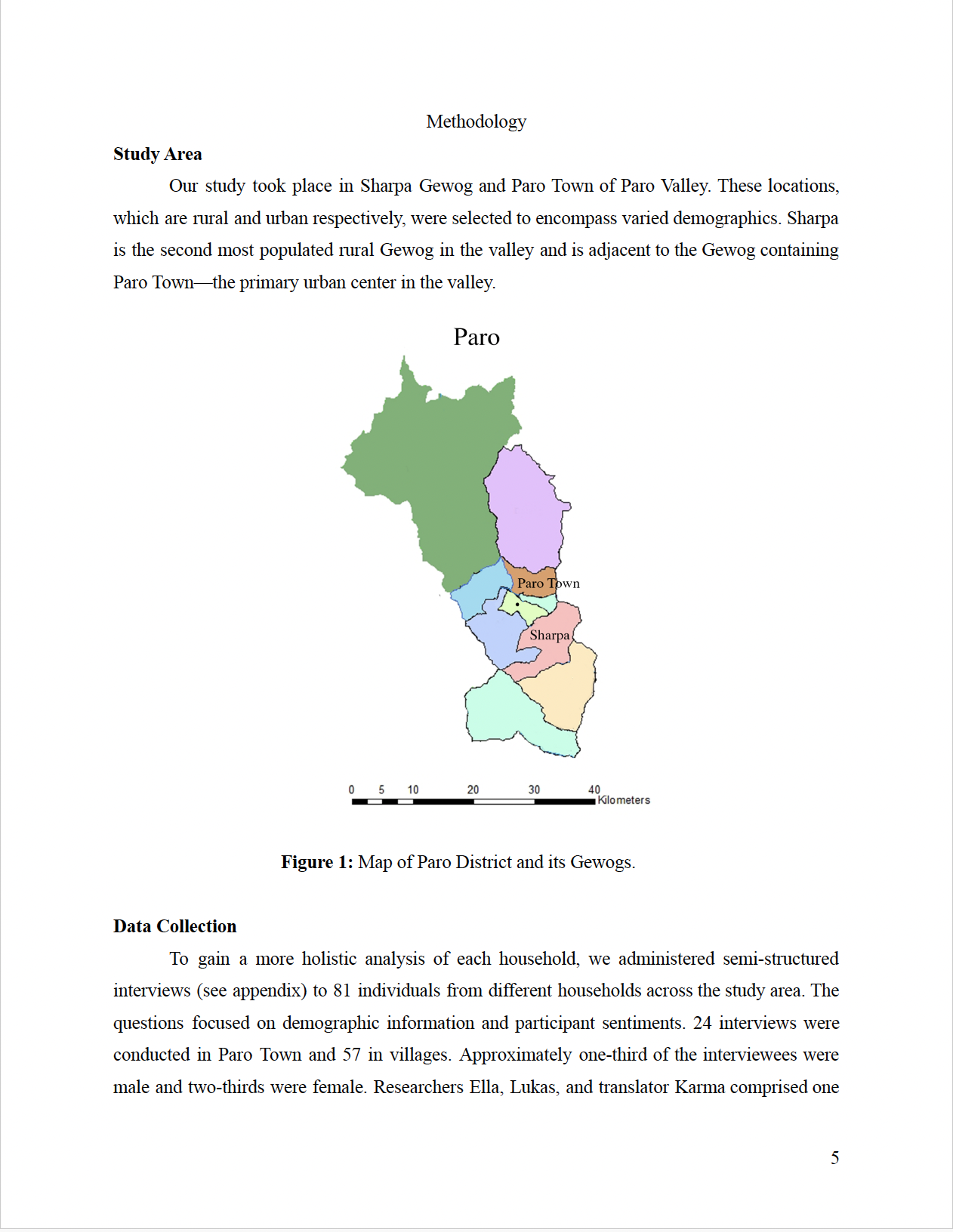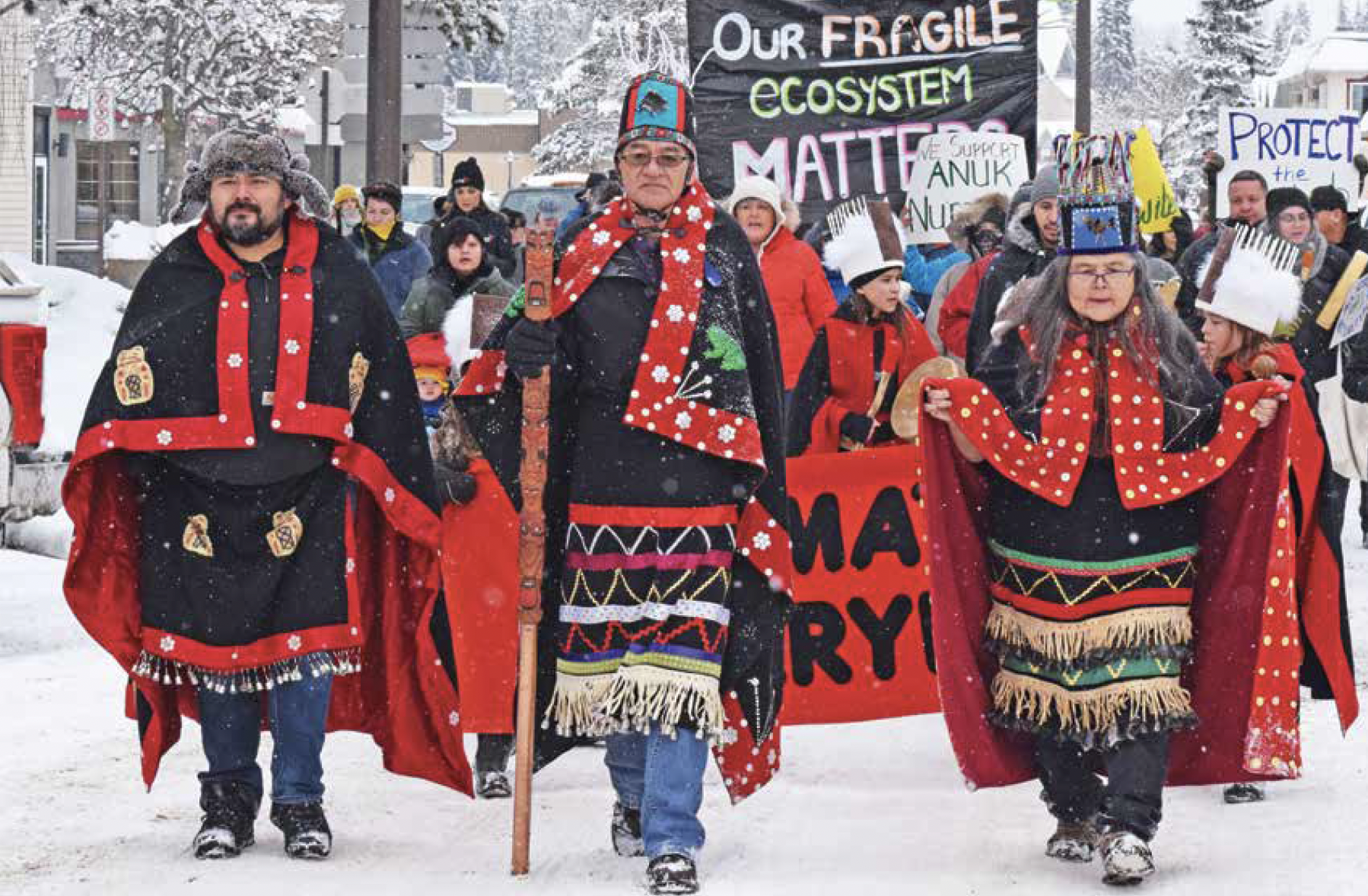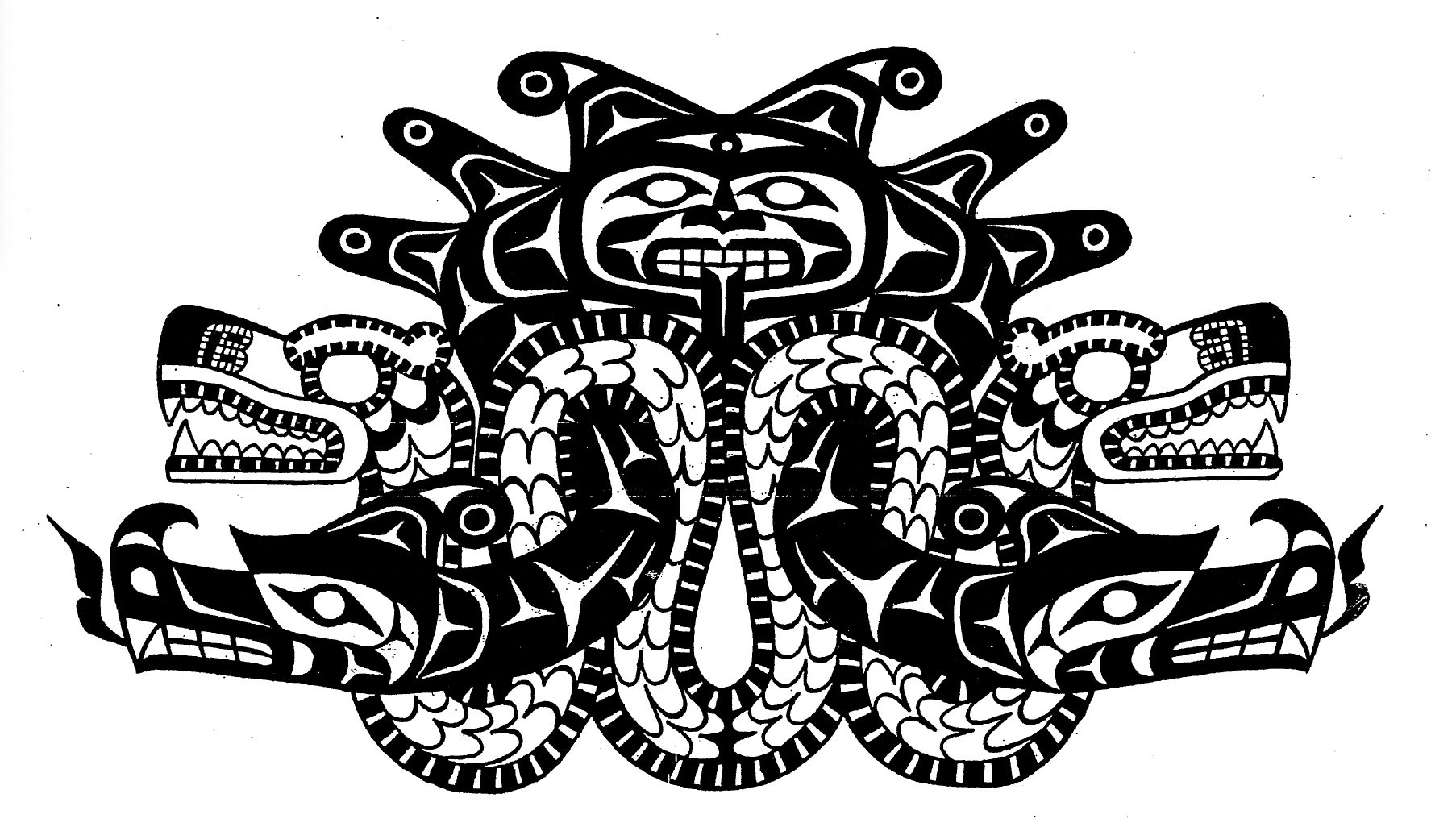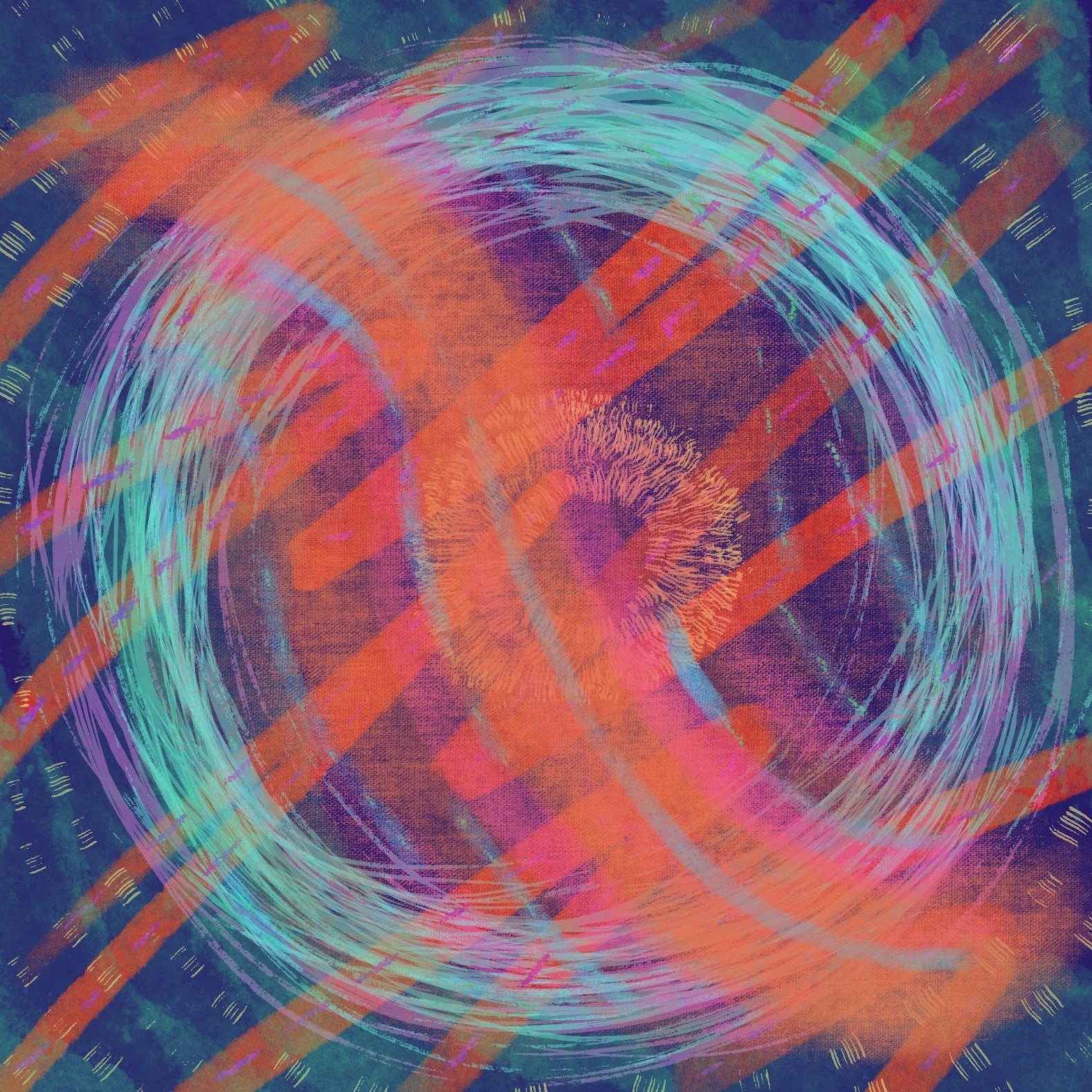
Reports
Portfolio
Art
Photography
Projects
Visualizing Regufees and Asylum Seekers in 21st Century Settler Colonialist Crises
〰️
Visualizing Regufees and Asylum Seekers in 21st Century Settler Colonialist Crises 〰️
Click on map for report
〰️
Click on map for report 〰️
ArcGIS: Amherst College Arboretum
Amherst College, my alma mater, as of 2023 has applied to become an official Arboretum through the state of Massachusetts.
In its accreditation, a group of students recorded data of all the trees, species, diameter, and physical characteristics to submit to ArcGIS Pro. In the software, I created a map that outlines where all the trees are, and it is a prototype of creating a virtual walkthrough for all the trees on campus.
Desire and Self-construction between Black American Men and East Asian American Women
A short-term, interview-based sociological study on the interracial relationship between Black American men and East Asian women—It questions fetishes, cyclical desires, US military and white complexes, and liberation within one’s own culture or the opposite.
(Click image for paper).
Satirical Zine: Developmental Wealth 101
Unreliable fuel source access causes households in Paro Valley, Bhutan to retain alternative methods for cooking
As of 2022, Bhutan is nearly 100% electrified, yet many households in Paro Valley still use energy sources other than electricity for cooking. Our research aim was to discover why households retain different fuel sources for cooking. To answer this question, we administered semi-structured interviews with the help of a local translator, who asked individuals in Paro Town and Sharpa Gewog questions about demographics and cooking methods. Our major finding was that households prefer having multiple energy sources for cooking, including electric, gas, and fuelwood. Consequently, higher-income households tend to have more alternative energy sources to use for cooking. Difficulty accessing imported liquefied petroleum gas (LPG) and frequent power outages were major factors preventing households from relying on any one fuel source.
(Click image for paper).
Yale University Summer Seminar Open Source Lesson Plans
Photo courtesy Unist’ot’en Camp.
Abstract:
Throughout global history, civil unrest has taken many different forms and functions. From sit-ins, peaceful marches, art installations, educational campaigns, boycotts, and hunger strikes, to property destruction, guerilla warfare, and civil war, political action and protests have one thing in common: to change society. Depending on where you come from, resistance might mean something different for you compared to someone else from another country. Some governments are corrupt, in imperial powers, unable to provide services, or in need of a new system. Some states may have evolving but functioning governments where laws and policies must be continually refined. Some states have functioning systems yet fail to recognize the needs of those who live in the state. Civil action springs up in multitudinous ways: within the governmental system, outside the governmental system, rural community action, international influences in humanitarian affairs, and in other ways that different societies experience.
In this seminar, by examining the ‘Canadian’ Indigenous struggle for Aboriginal Title, modern-day white supremacy, the ongoing attack of the Lumad Peoples by the Philippine Government in Mindanao, and the dynamics of the Algerian War, we ask, why and how people make a change in their communities? In that change, what is the role of violence and peace? Is violence bad? How does civic action progress a community? What are the limitations of protest? How does resistance help us understand social movements, power, and society? (click title for resources)
From Imperialism to Decolonization: A Step-by-Step Guide
Photo courtesy of Zig-Zag
Abstract:
Imperialism and decolonization are words and concepts with a lot of temporal weight. Their impact can vary between regions of land, and their significance can vastly differ between countries. Beyond the simple definition of imperialism, the extending of a country's power and influence through diplomacy or military force, and decolonization, the action or process of a state withdrawing from a former colony, leaving it independent, what do they mean in a global context and what complexities do each of them hold? Imperialism is more than just military brute force controlling land or peoples; it could be economic, cultural, and/or ideological. Decolonization is much more than removing the previous colonist rulers: it can include systemic turnovers, economic shifts, cultural re-imagining, and decolonizing one’s mind. Between the two lies colonialism and neo-colonialism as well.
In this seminar, after defining what imperialism, colonialism, neocolonialism, and decolonization mean, we will use case studies to focus on the historical influences of the first three concepts in Africa, Latin America, and Asia. Then, we shift to what decolonization means for each of these communities in a governmental sense, in an economic sense, and then in a psychological sense. We will then brainstorm ways our minds are colonized and work on productive and respective ways to deconstruct our colonized ideas. This part will be collaborative and restorative.
(click title for resources)

